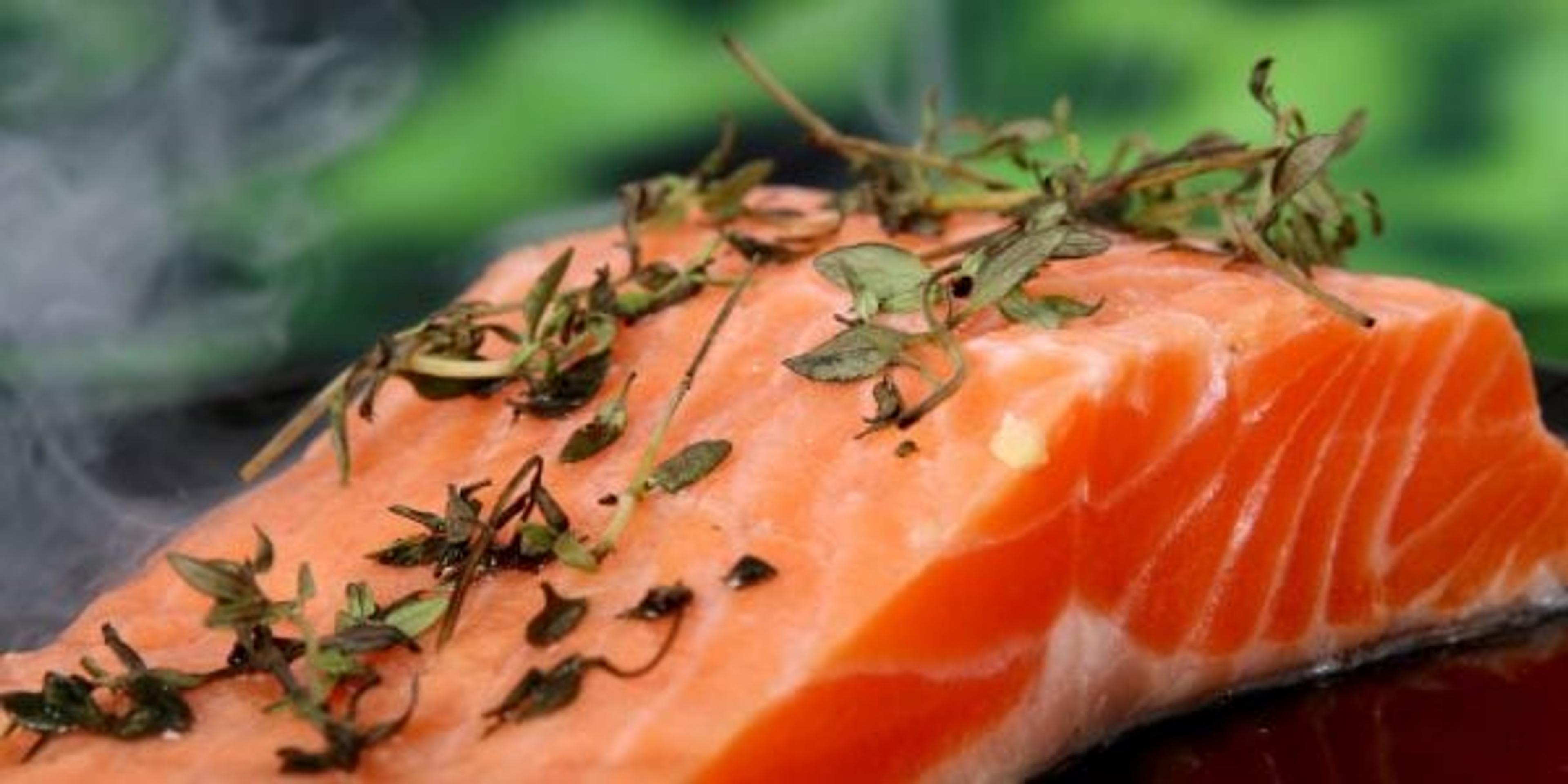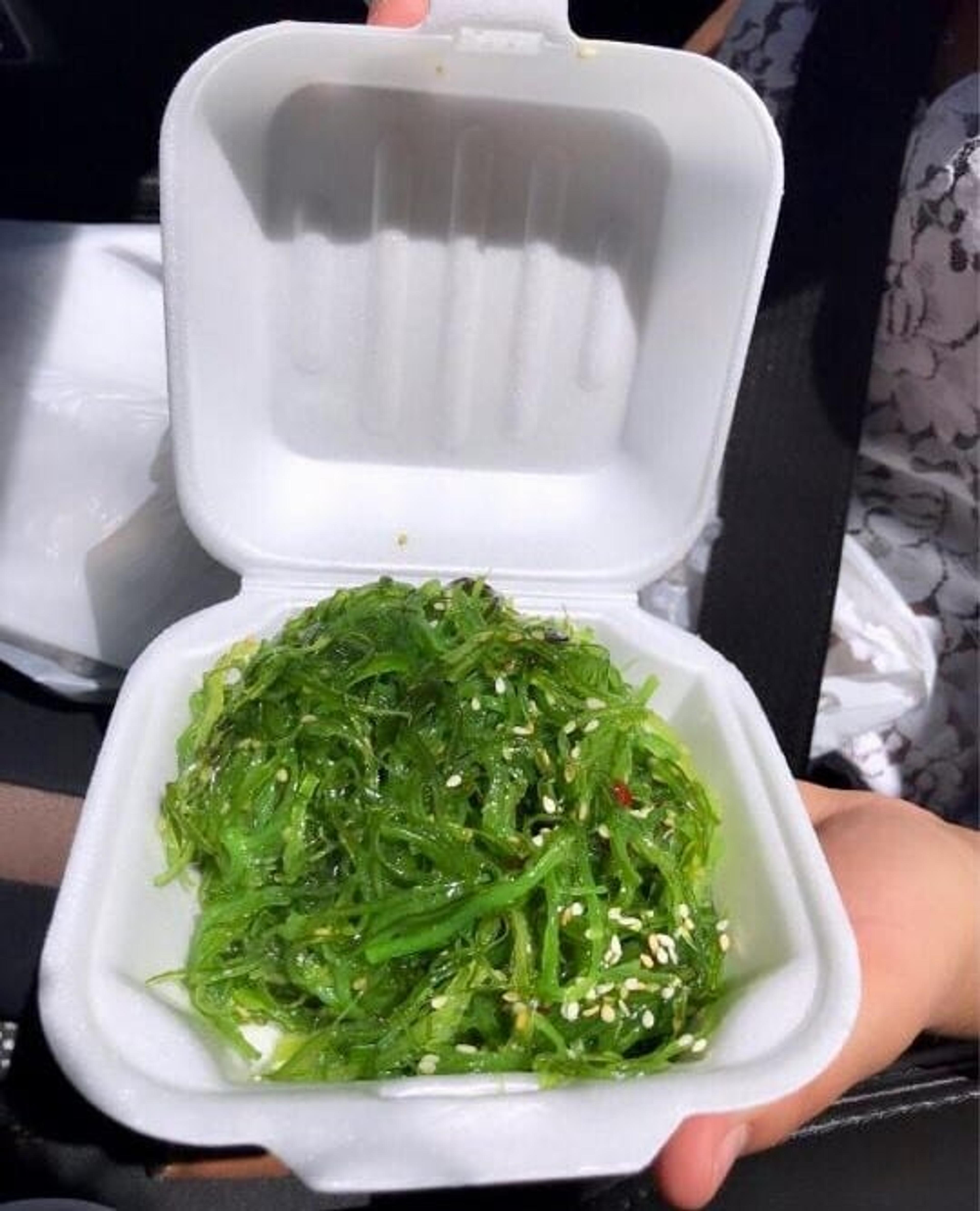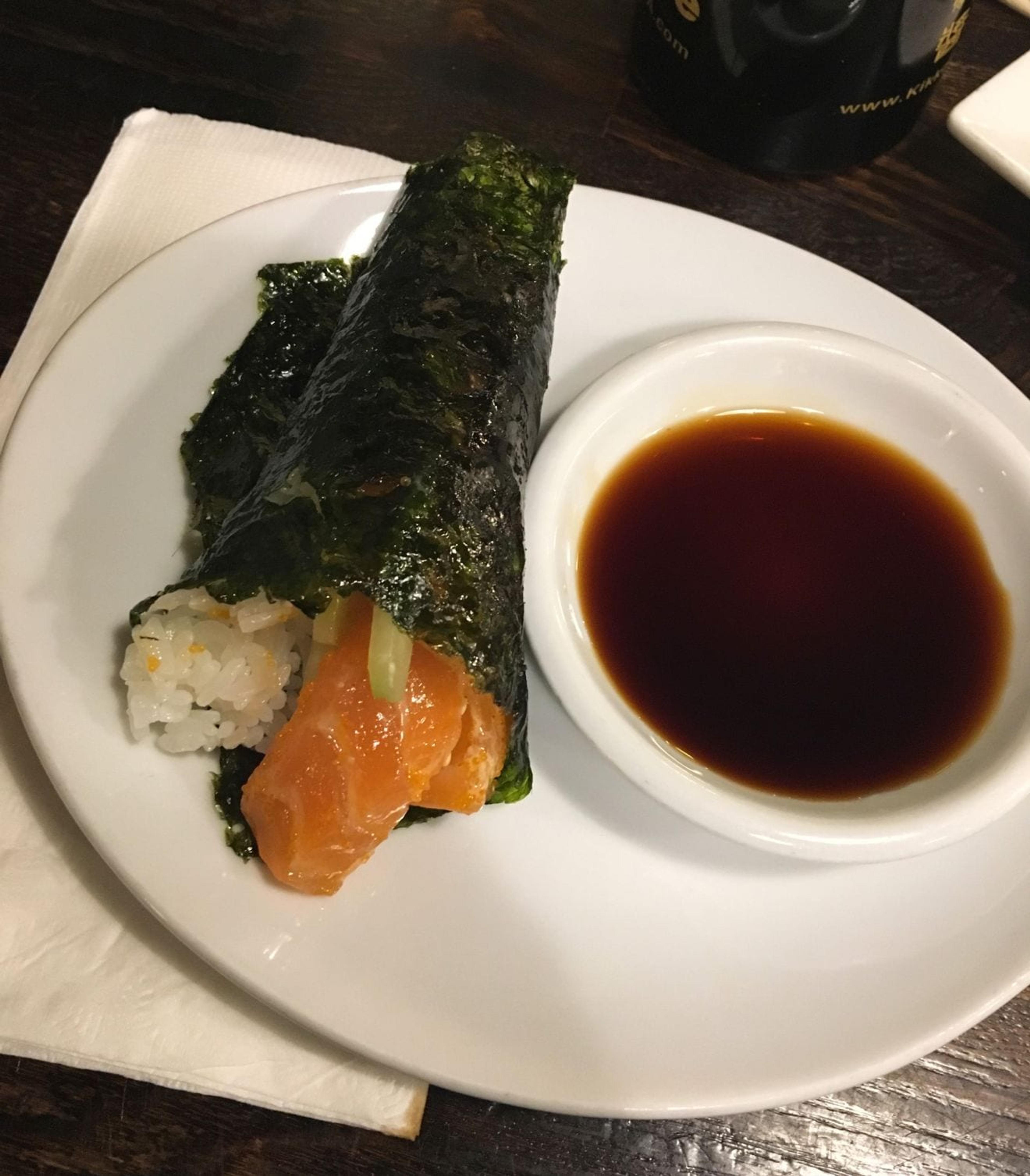Health from the Sea

Natalie Bennett
| 3 min read

Between oceans, lakes and rivers, more than 71% of the Earth’s surface is covered in water. Most of this water is in the oceans, offering places to swim, surf and travel to. Did you know that oceans are also full of healthy things to eat? Incorporating seaweed, sea moss and fish into your diet are nutritious ways to switch up your meals. Enjoy the fruits of the sea without traveling to the beach.
Seaweed
You may not want your feet to touch seaweed while you’re swimming, but you may want to consider adding seaweed into your diet due to its nutrient content and health benefits. It is low in fat and an excellent source of minerals like calcium, copper, magnesium and zinc. Also containing vitamins A, B, C, E and K, seaweed contains all nine essential amino acids which can aid the body in digestion and help energize you. There are various kinds of seaweed, including Wakame, pictured on right – a light green colored seaweed usually used for seaweed salad and is often pickled – and Nori, pictured on left, which is dry, dark green and is used for sushi and dried seaweed snacks. Seaweed salad is a great way to eat this green delicacy – order it next time you’re at a sushi restaurant or make it at home. If you’re always on the go, you can buy baked seaweed snacks at most grocery stores. These are salty and satisfying while supplying you with vitamins and minerals your body needs.


Sea Moss
This is probably not something you have ever thought to eat, but you might want to think again! Sea moss, or Irish moss, is a red algae full of vitamins A, B, C, D, E and K. Grace Derocha, registered dietitian, certified diabetes educator and certified health coach at Blue Cross Blue Shield of Michigan was recently featured in Shape magazine discussing the health benefits of this low-calorie food. This algae can benefit your mental health with its abundance of potassium, is good for your skin, is thought to relieve muscle and joint pain and aid in hormone production. Just because Kim Kardashian drinks sea moss smoothies does not mean everyone should. Those who are pregnant, breastfeeding or suffer from ulcers should not consume sea moss. Speak with your doctor to find out if sea moss is a good fit for your diet.
Fish
The American Heart Association advises eating fish – specifically, fatty fish – at least twice a week. Fish such as salmon, albacore tuna, mackerel, herring, lake trout and sardines contain high amounts of omega-3 fatty acids. Eating these healthy fats helps maintain a healthy heart and even protects you from certain cardiovascular issues. Omega-3s also give your body energy for your lungs and immune system to function properly. Incorporate fatty fish into your diet with this Chili Glazed Salmon recipe and this Albacore Tuna Buddha Bowl recipe. Incorporating lean protein from the sea like whitefish, mahi-mahi, prawns, mussels and clams is a great addition to your diet as well. Many shellfish are rich in iron, zinc, copper and vitamin B-12. Try this Greek Grilled Shrimp Rice Salad for a great source of vitamins and minerals.
For more seafood recipes, check out these posts:
Photo Credit: Christine Montalbano, Pixabay and Natalie Bennett





